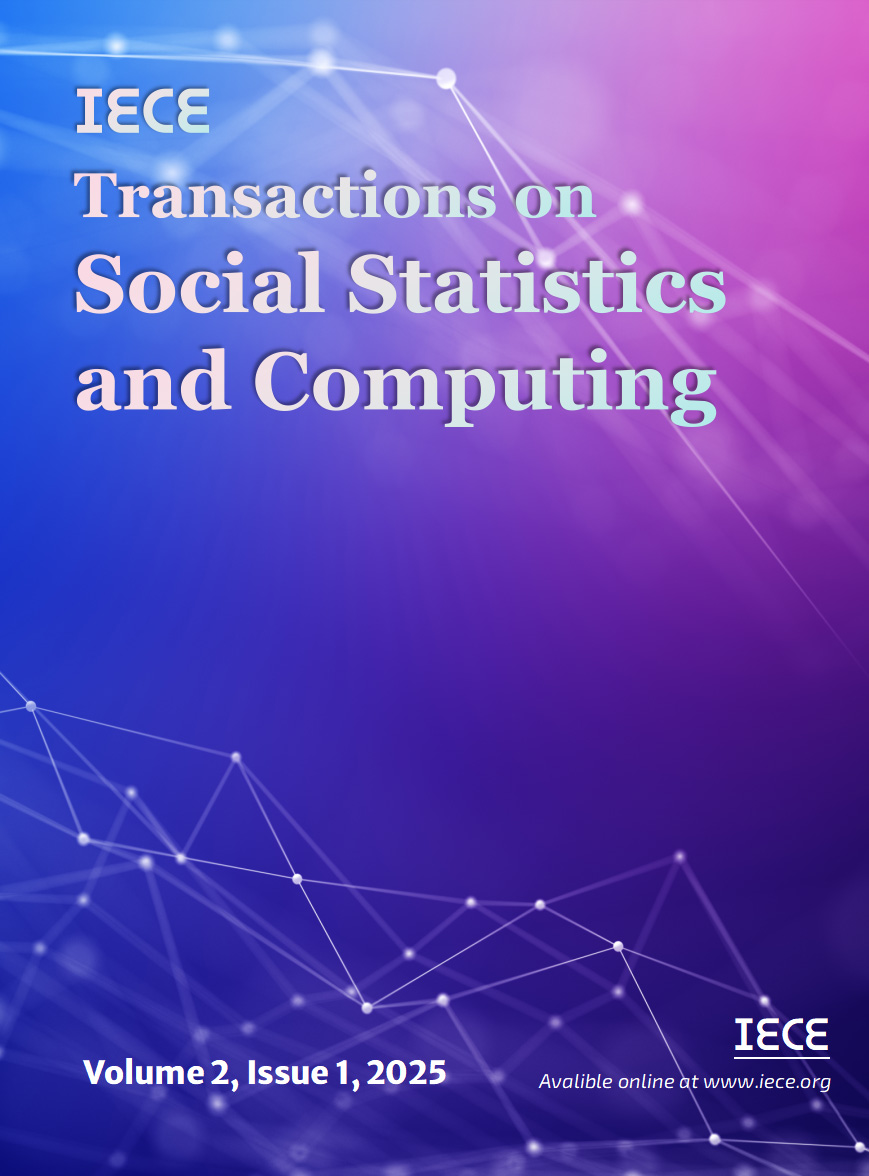Abstract
This study examines the trends in teacher policy research in South Korea since the May 31st Education Reform of 1995. The focus is on five essential and reliable KCI academic journal papers. The research spans the past 30 years and addresses three aspects: purpose, theme, and method. The results indicate that theoretical and applied research on teacher policies is unevenly distributed, with applied research predominating. Applied research primarily analyzes the current state of teacher policy implementation and suggests improvements. The research themes mainly address government-issued teacher policies, focusing significantly on in-service teacher policies over interns ’policies. Key themes include teacher evaluation, training, and research and development. Regarding research search methods, literature research is predominant but shows a decreasing trend, while quantitative and qualitative research are rising. Future teacher policies should emphasize improving teachers' professionalism and fostering educational dedication.
Data Availability Statement
Data will be made available on request.
Funding
This work was supported by the 2022 Shaoguan University Doctoral Talent Introduction Project under Grant 9900064602 and qualitative research project by Yulin Normal University under Grant G2022SK05.
Conflicts of Interest
The authors declare no conflicts of interest.
Ethical Approval and Consent to Participate
Not applicable.
Cite This Article
APA Style
Yang, L., He, X., An, K., Hwang, J. Y., & Chang, M. (2025). South Korean Teaching Policy Trends: A 30-Year Analysis of Educational Reform. IECE Transactions on Social Statistics and Computing, 2(1), 1–17. https://doi.org/10.62762/TSSC.2024.311605
Publisher's Note
IECE stays neutral with regard to jurisdictional claims in published maps and institutional affiliations.
Rights and permissions
Institute of Emerging and Computer Engineers (IECE) or its licensor (e.g. a society or other partner) holds exclusive rights to this article under a publishing agreement with the author(s) or other rightsholder(s); author self-archiving of the accepted manuscript version of this article is solely governed by the terms of such publishing agreement and applicable law.


 Submit Manuscript
Edit a Special Issue
Submit Manuscript
Edit a Special Issue
